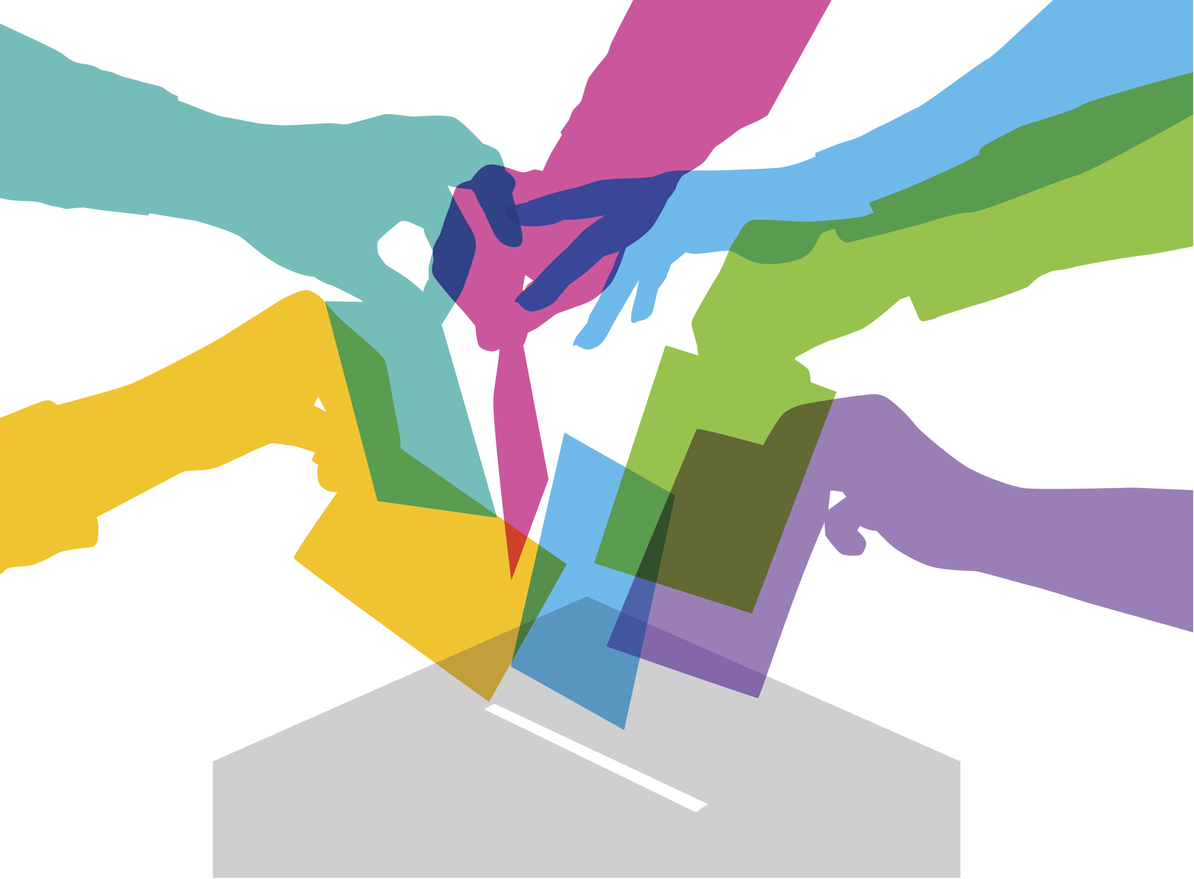Role of Political Parties in a Democracy
In a democracy, political parties play a significant role in shaping the political landscape of a country.
Role: They represent the views of different sections of society and act as intermediaries between the citizens and the government. In this essay, I will discuss the role of political parties in democracy and how they contribute to the functioning of a democratic system.

First and foremost, political parties provide a platform for citizens to participate in the political process. Through political parties, citizens can express their views on issues that matter to them and can work together to influence government policy.
Political parties also act as a link between the citizens and the government, as they communicate the concerns of the citizens to the government and convey the policies and decisions of the government to the citizens.
Secondly, political parties help to provide stability and continuity in government.
Political parties provide the necessary support and guidance to the government, after all, to ensure that it remains focused on its agenda and is able to carry out its mandate effectively.
This continuity is particularly important in countries with complex political systems, where changes in government can lead to instability and uncertainty.
Thirdly, political parties help to promote accountability and transparency in government. In a democracy, political parties are required to operate within the legal framework and are accountable to the citizens for their actions.
Fourthly, political parties help to promote diversity and representation in government. Political parties represent different sections of society and provide a platform for marginalized groups to have their voices heard.
Fifthly, political parties help to promote political education and awareness. Political parties engage in activities such as rallies, meetings, and campaigns, which help to educate citizens about the political process and issues that affect them.
Sixthly, political parties help to promote democracy by providing citizens with a choice. In a democracy, citizens are free to choose the political party they support, and there is competition between parties.
This competition is important, as it ensures that political parties remain accountable to the citizens.
Seventhly, political parties play a role in the formation of the government. In a democracy, the party that wins the most seats in an election is typically invited to form the government.
Political parties work to build coalitions and alliances to increase their chances of winning elections and forming the government.
Finally, political parties play a role in shaping public opinion. Political parties use media, campaigns, and rallies to shape public opinion on issues that matter to them.
Role: Conclusion
Political parties play a critical role in ensuring the smooth functioning of a democratic system.
Political parties promote stability, accountability, and transparency in government, promote diversity and representation, and shape public opinion. They also help to educate citizens about the political process so the government remains accountable to the people it serves.
Therefore, political parties must work towards building a robust democratic system that serves the interests of all citizens. 바카라사이트
RNGs must make use of an SHA-3 hash algorithm, which avoids the RNGS from being damaged.
Take a look at my website :: free casino slot games
When running a background check on a casino, make sure to look out for this.
Look at my web blog: slots of vegas